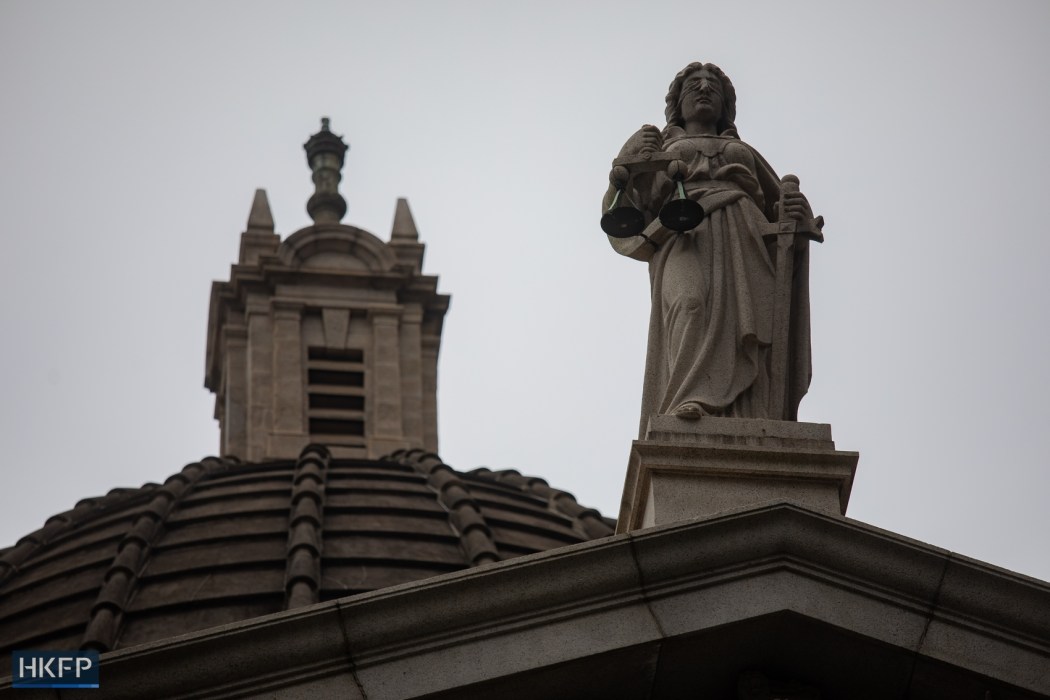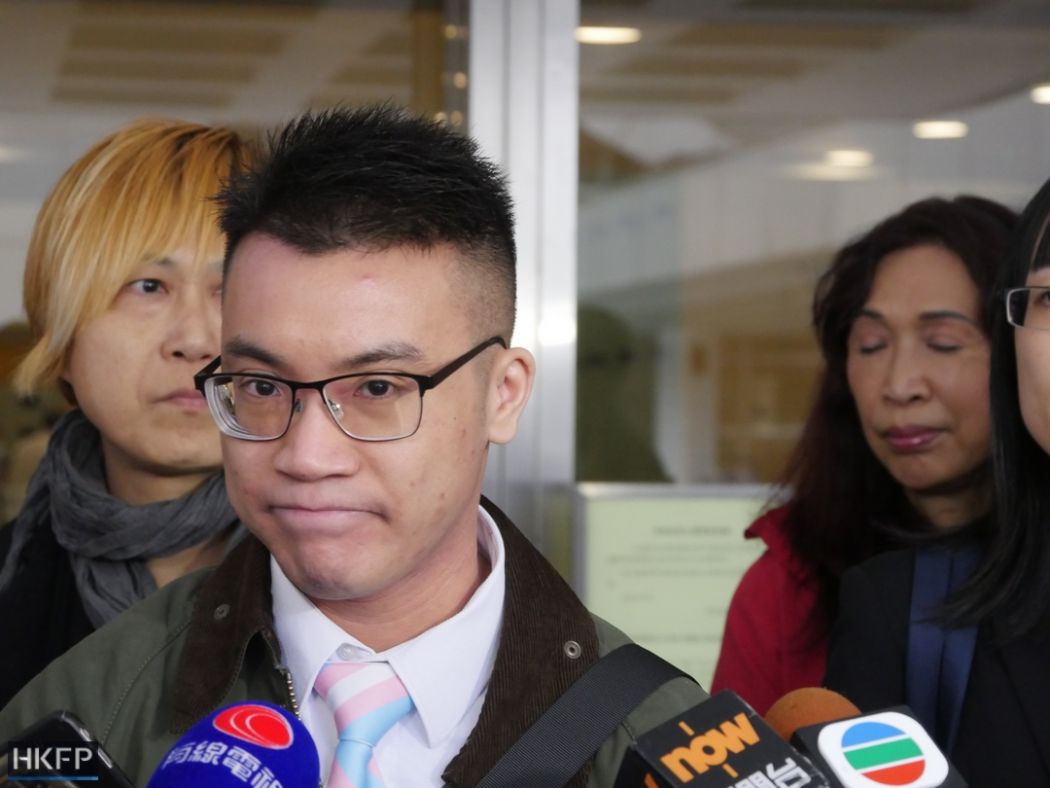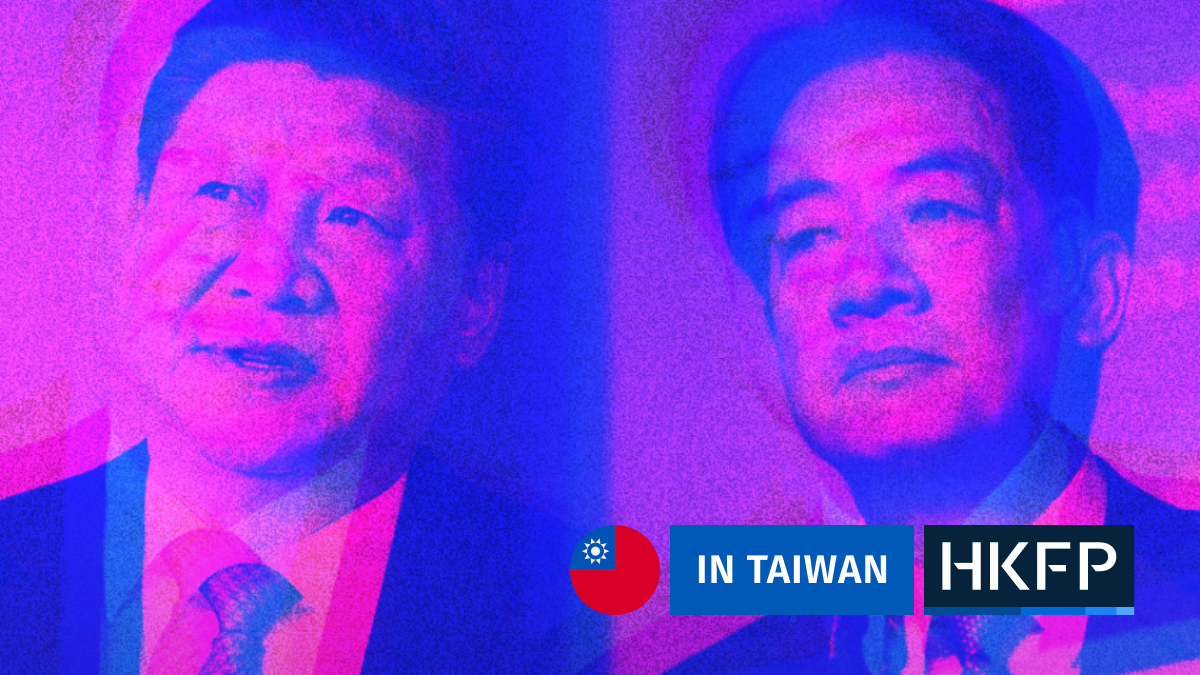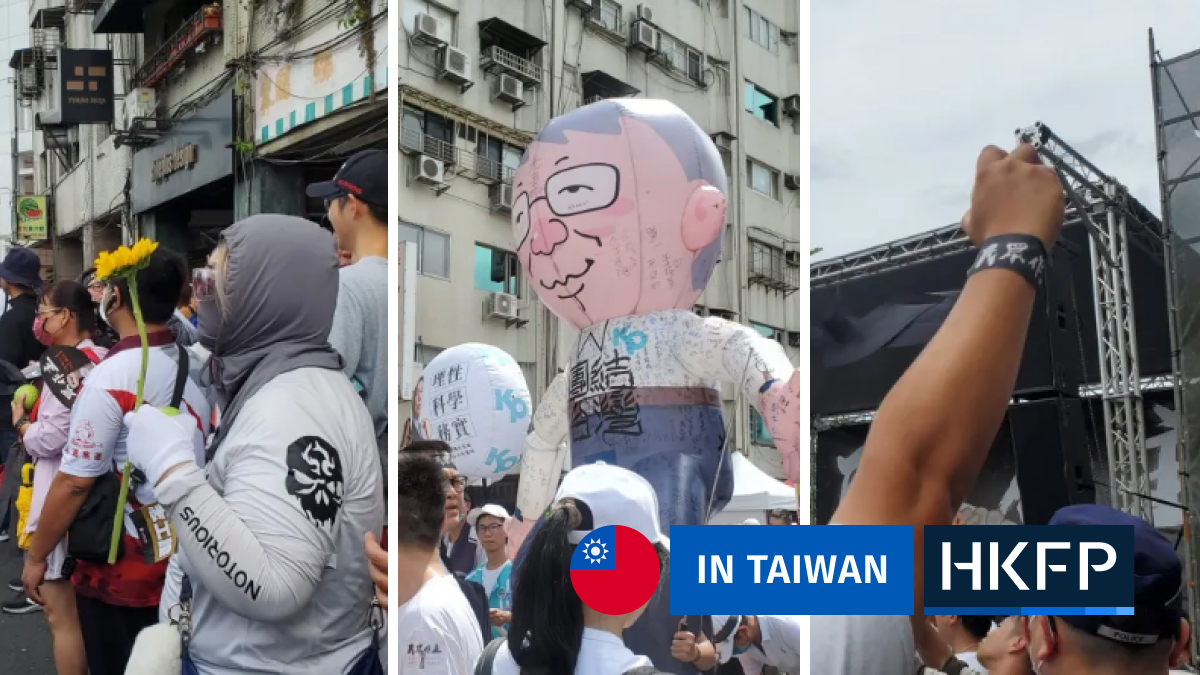Hong Kong’s top court has heard an appeal against the decision which bars transgender people from changing the sex indicated on their identity cards if they have not undergone full sex reassignment surgery (SRS).
Five judges from the Court of Final Appeal – Chief Justice Andrew Cheung, Permanent Judges Roberto Ribeiro, Joseph Fok and Johnson Lam, and Non-Permanent Judge Lord Jonathan Sumption – heard the case of Q and Henry Edward Tse against the Commissioner of Registration.

Both Q and Tse are transgender men whose British passports state their sex as male. However, a Court of Appeal decision from January last year affirmed the Hong Kong government policy that they could not change the sex on their identity cards unless they had full SRS.
The procedure includes the removal of the uterus and ovaries, and the construction of a penis or “some form of a penis.”
The appellants argued that the policy would be in violation of the Hong Kong Bill of Rights.
King’s Counsel Lord David Pannick, representing Q and Tse, argued on Wednesday that denying the appellants identification cards which stated their sex as male “inevitably” caused them “humiliation, loss of dignity and distress.”
The appellants would have to disclose the “most intimate aspect” of their life, which was their transgender status, when their identity cards showing a female sex entry were checked in daily scenarios, said Pannick.
The policy also meant that the only way Q and Tse could avoid such discomfort was to undergo invasive surgery which was not medically necessary, the king’s counsel argued, adding that the government had failed to present “any adequate justification” for the policy, which posed a disproportionate limit to the appellants’ rights.
Government’s justifications
The government, represented by King’s Counsel Monica Carss-Frisk, presented three reasons why the policy was “reasonably necessary.”

Carss-Frisk argued that a system of medical certification, such as that used in the UK, which was cited by the appellants, would result in “arbitrariness and inconsistency” as certification would depend on the judgement of medical professionals as to whether transition had occurred.
However, Pannick said that while the government claimed that a full SRS was the only workable objective and verifiable criteria, the argument was “simply inconsistent” with other countries experiences, where transgender individuals were recognised without the SRS requirement.
The government’s team also argued that there were “undoubtedly many areas of daily life” where gender matters, and that real difficulties would arise if there was “a lack of congruence” between the physical appearances of the transgender individual and their identity card entry.
Full SRS was required to avoid practical difficulties in situations such as allocating gendered prisons and hospital wards, Carss-Frisk said.
The appellants’ team said in turn that the supposed difficulties had not stopped many countries from adopting measures which would not require full SRS, and that the scenarios in question would still arise regardless of what gender was stated on the transgender individuals’ identity cards.

The policy was also to make sure of the irreversibility of the transition, the commissioner’s representative argued. Hormonal and psychiatric treatments prior to SRS were reversible, Carss-Frisk said, and in cases of transgender male, fertility might be restored if hormonal treatments were stopped, and could result in pregnancy.
The risk did not prevent the European court, international bodies, or other countries from recognising a transgender person, argued Pannick, as they “correctly recognise that the risk is a very remote one.”
There were also other ways to address the risk, said the appellants’ counsel. The government could require the applicant to continue hormonal treatment, and have a panel of experts appointed by the government to assess the situation.
Following the submissions from both sides, the judges reserved the ruling to a later date.
Support HKFP | Policies & Ethics | Error/typo? | Contact Us | Newsletter | Transparency & Annual Report | Apps
Help safeguard press freedom & keep HKFP free for all readers by supporting our team

LATEST FROM HKFP
HKFP has an impartial stance, transparent funding, and balanced coverage guided by an Ethics Code and Corrections Policy.
Support press freedom & help us surpass 1,000 monthly Patrons: 100% independent, governed by an ethics code & not-for-profit.










